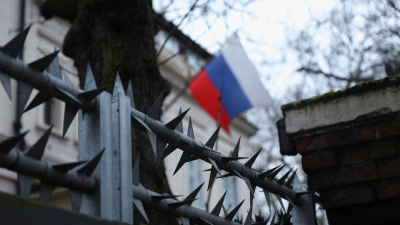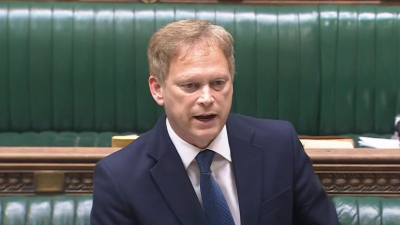Paul Malong Awan is a prominent South Sudanese military figure and politician, known for his significant role in the country's tumultuous political landscape. Born on March 4, 1960, in Aweil, a region in what is now South Sudan, Awan rose through the ranks to become one of the most influential figures in the nation's armed forces.
Paul Malong Awan
Awan's military career began in the Sudan People's Liberation Army (SPLA), where he quickly distinguished himself as a capable leader and strategist. He played a pivotal role in the SPLA's struggle for independence from Sudan, which culminated in the signing of the Comprehensive Peace Agreement in 2005 and the eventual secession of South Sudan in 2011.
Throughout his military career, Awan held various high-ranking positions within the SPLA, including Chief of General Staff, where he was responsible for overseeing the country's armed forces. However, his tenure as Chief of General Staff was not without controversy. Awan faced criticism for his handling of internal military affairs and allegations of human rights abuses, including the recruitment of child soldiers.
In May 2017, amid escalating tensions within the ruling Sudan People's Liberation Movement (SPLM) party, President Salva Kiir removed Awan from his position as Chief of General Staff. This move sparked a political crisis, with Awan reportedly fleeing the capital, Juba, with a contingent of loyal troops. Speculation about Awan's intentions and his possible involvement in a coup attempt further heightened tensions in the already volatile region.
Following his dismissal, Awan emerged as a prominent opposition figure, aligning himself with various factions opposed to President Kiir's government. Despite his ousting from the military, Awan retained significant support among certain segments of the population, particularly within his home region of Northern Bahr el Ghazal.
In recent years, Awan has sought to position himself as a key player in South Sudanese politics, advocating for political reforms and reconciliation efforts to address the country's ongoing challenges, including ethnic tensions and widespread poverty. However, his political ambitions have been met with resistance from the ruling party, which views him as a threat to its grip on power.
Paul Malong Awan remains a polarizing figure in South Sudanese politics, revered by some as a patriot and champion of the people's rights, while others regard him with suspicion and mistrust. As the country continues to navigate its path towards stability and development, Awan's influence and actions are likely to remain central to its political landscape.
In conclusion, Paul Malong Awan is a significant figure in South Sudanese politics and military history. His rise through the ranks of the Sudan People's Liberation Army (SPLA) and subsequent tenure as Chief of General Staff underscore his influence and leadership within the country's armed forces. However, his dismissal from this position amid allegations of misconduct and subsequent emergence as an opposition figure have fueled political tensions and divisions within South Sudan.
Awan's continued involvement in politics, despite his removal from military leadership, highlights his determination to remain a relevant player in shaping the country's future. While some view him as a champion of reform and reconciliation, others see him as a destabilizing force. As South Sudan navigates its path toward stability and development, Awan's actions and influence will undoubtedly continue to shape its political landscape.
Paul Malong Awan has been mentioned in various news articles, reports, and documentaries focusing on South Sudanese politics and military affairs. However, he has not been prominently featured in books, films, TV series, or websites outside of those directly related to South Sudanese politics or conflicts. His involvement in political and mili






